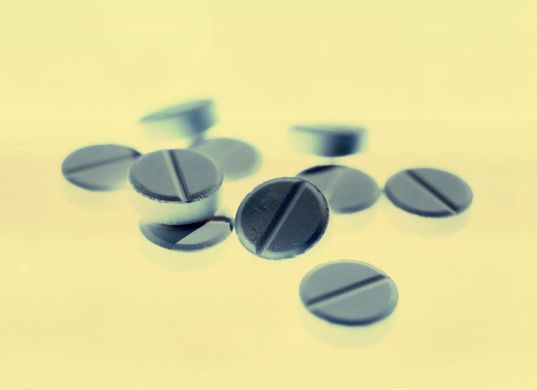Drug Prices: What’s Going On?!
 Drug prices. It’s a complicated question.
Drug prices. It’s a complicated question.
Two cases were recently in the news regarding skyrocketing drug prices that raised many questions. Last month, Rodelis tried to raise the price of TB drug Cycloserine from $500/30 pills to $10,800/30 pills. And, Turing raised the price of their parasitic infection drug Daraprim from $13.50/pill to $750/pill. Needless to say, there was outrage and accusations of price gouging. The price of Cycloserine has since been lowered (see the link above for details), but how much should drugs cost?
There’s no doubt that developing drugs is a labor-intensive, high risk, and expensive endeavor. According to the Tufts Center for the Study of Drug Development (CSDD) the cost of developing a prescription drug that gains market approval is $2.6 billion. This is a 145% increase (correcting for inflation) over the 2003 estimate. Part of the high cost estimate is due to the high rate of drug development failure. Often times, millions of dollars can be spent on developing a drug that never makes it to market.
But for drugs that do make it to market, how should they be priced?
Should they be priced to counterbalance/accommodate/absorb the cost of a pharmaceutical company’s drug failures?
Should they be priced based on what they do? Should a drug that can save a person’s life cost more than a drug that merely cures a low-level infection? Sovaldi essentially cures hepatitis C, is that worth its $84,000 price tag? How does that $84,000 compare to a lifetime of health care costs for a person with hepatitis C?
Should an orphan drug cost more because it’s treating a rare disease? And, should drugs that treat more common illnesses and diseases cost less?
Or, what if a drug treats a really common health care problem and could potentially save a lot of health care dollars? Should that drug cost more?
Where does the insurance industry come into play in all of this? A recent article suggests that they would like to pay for drugs based on performance. If one diabetes drug is proven to work better than another diabetes drug, should the former drug be allowed to charge more?
In other words, where is the intersection of a free market, ethics, and health care?
Thoughts?

